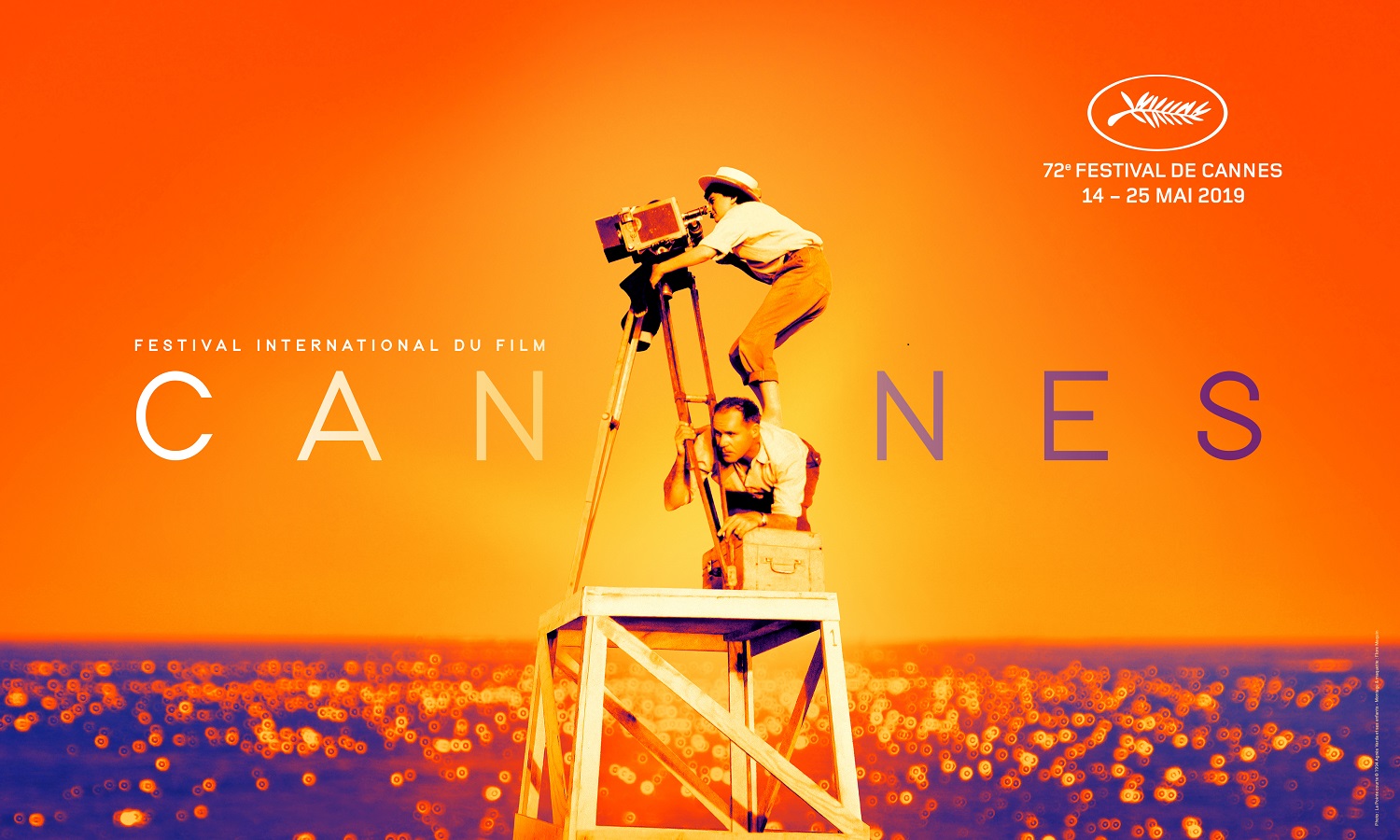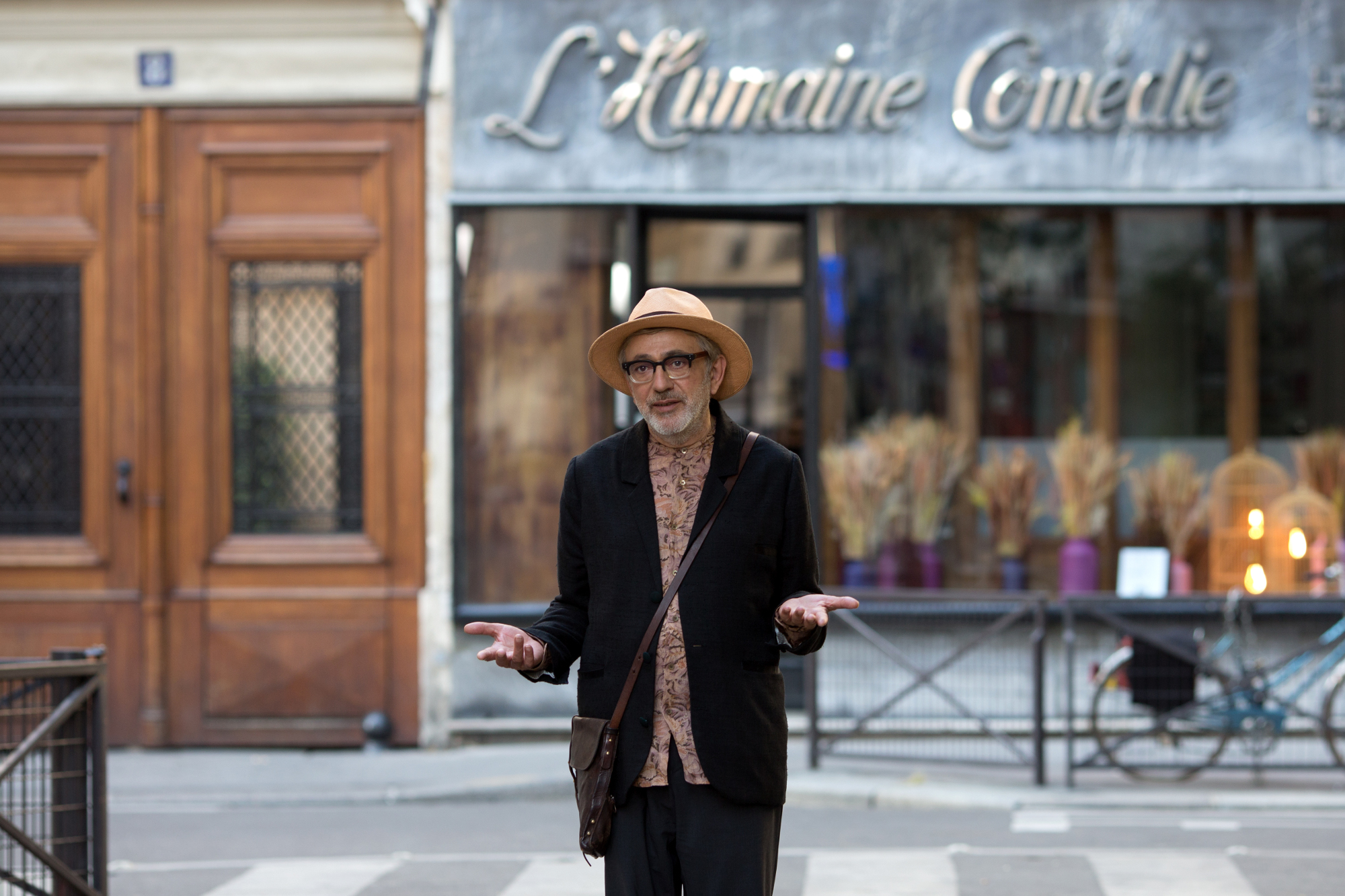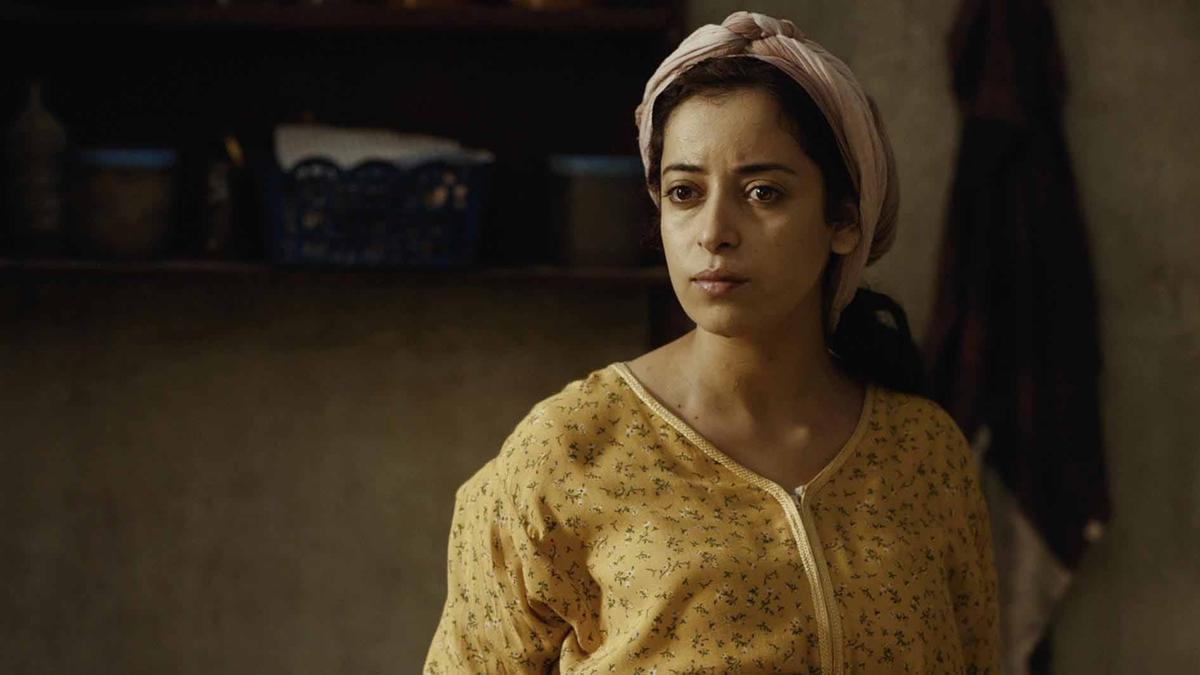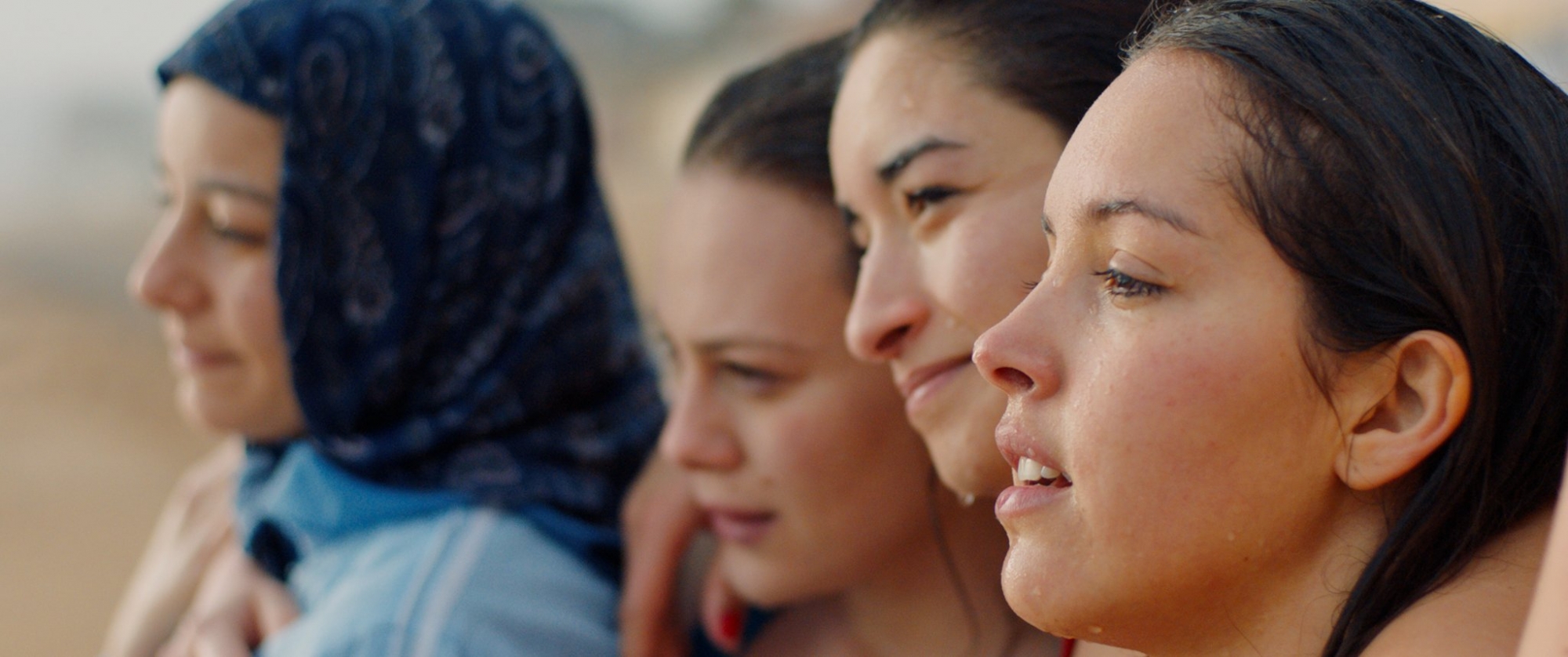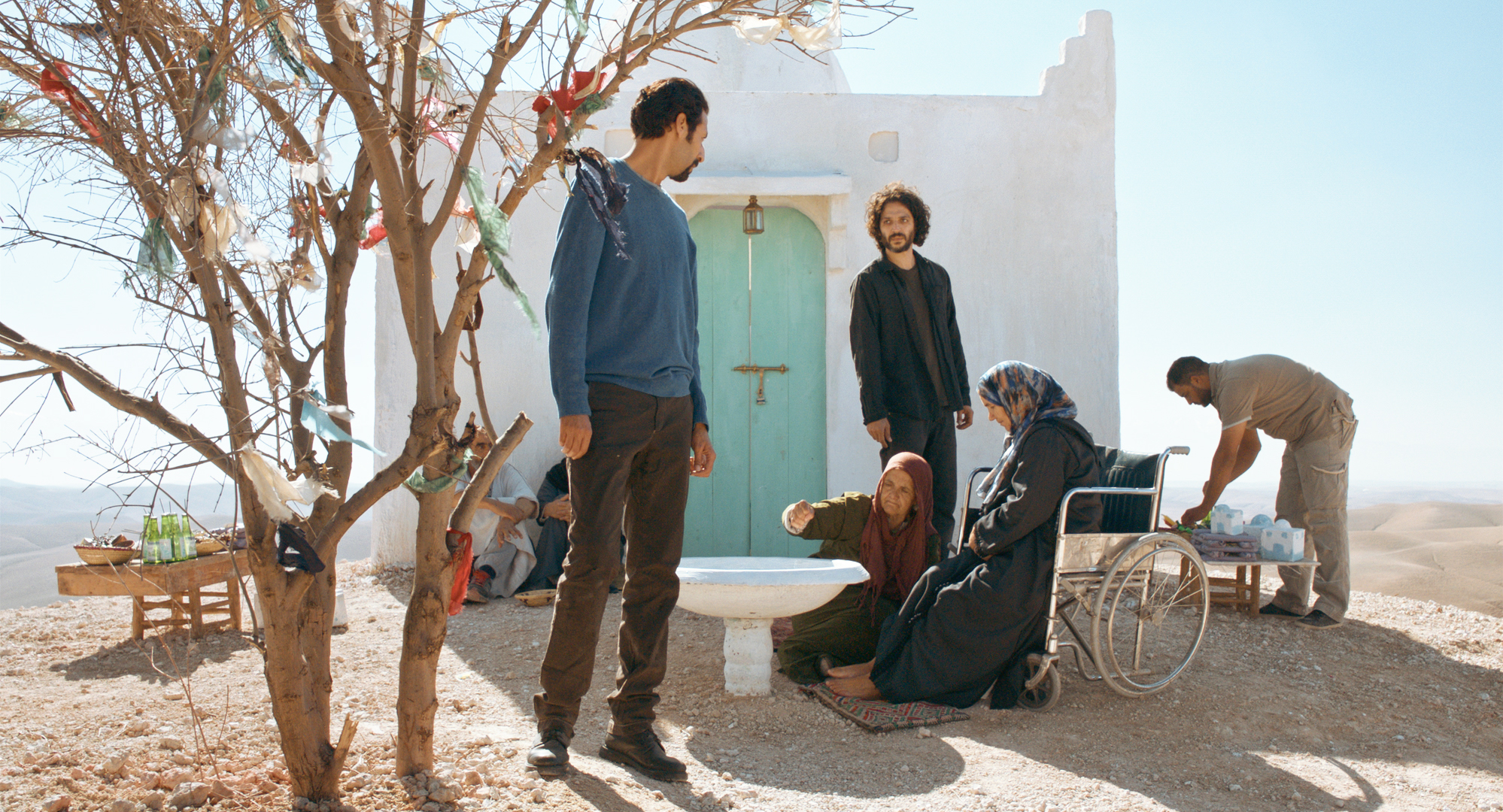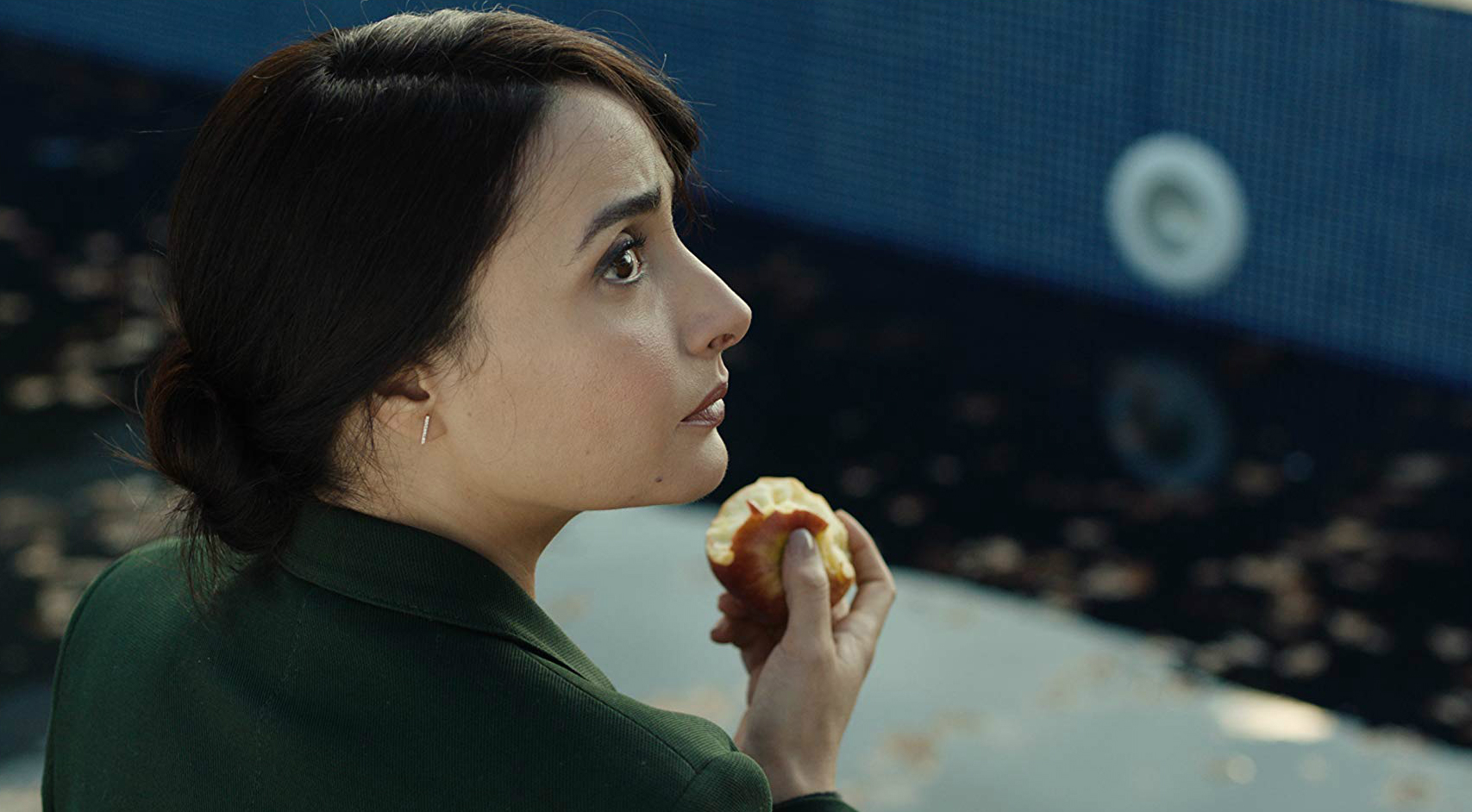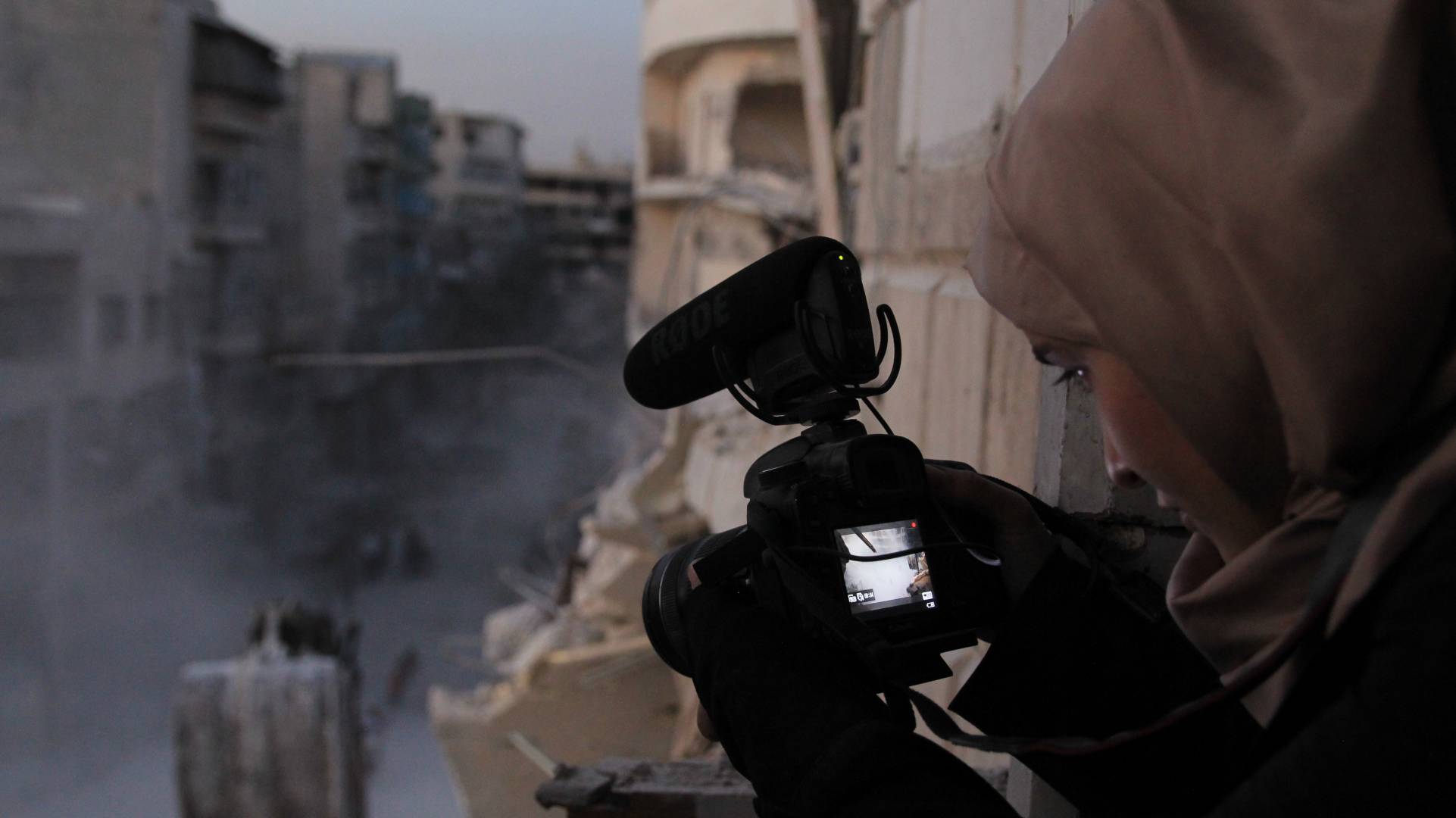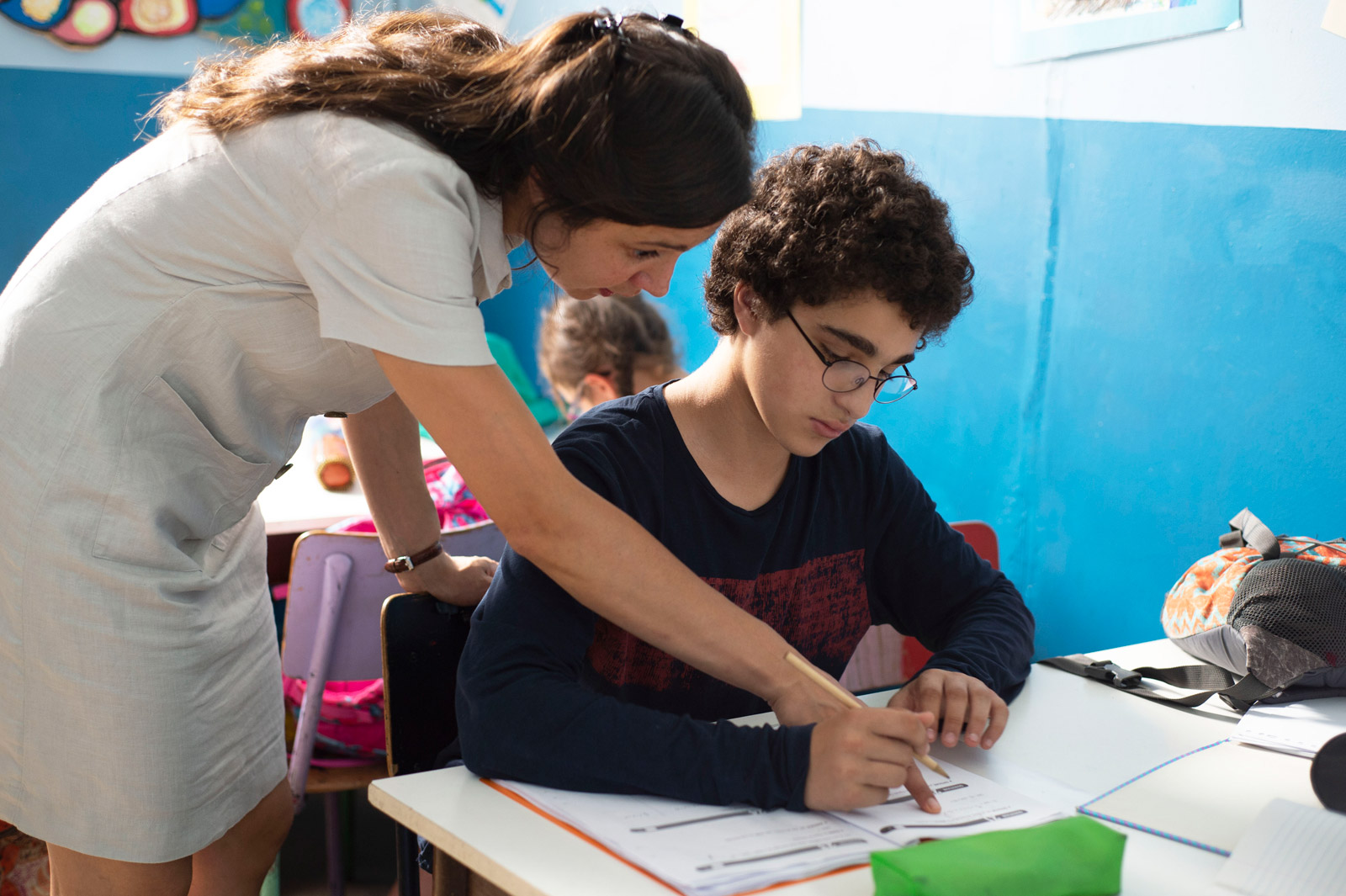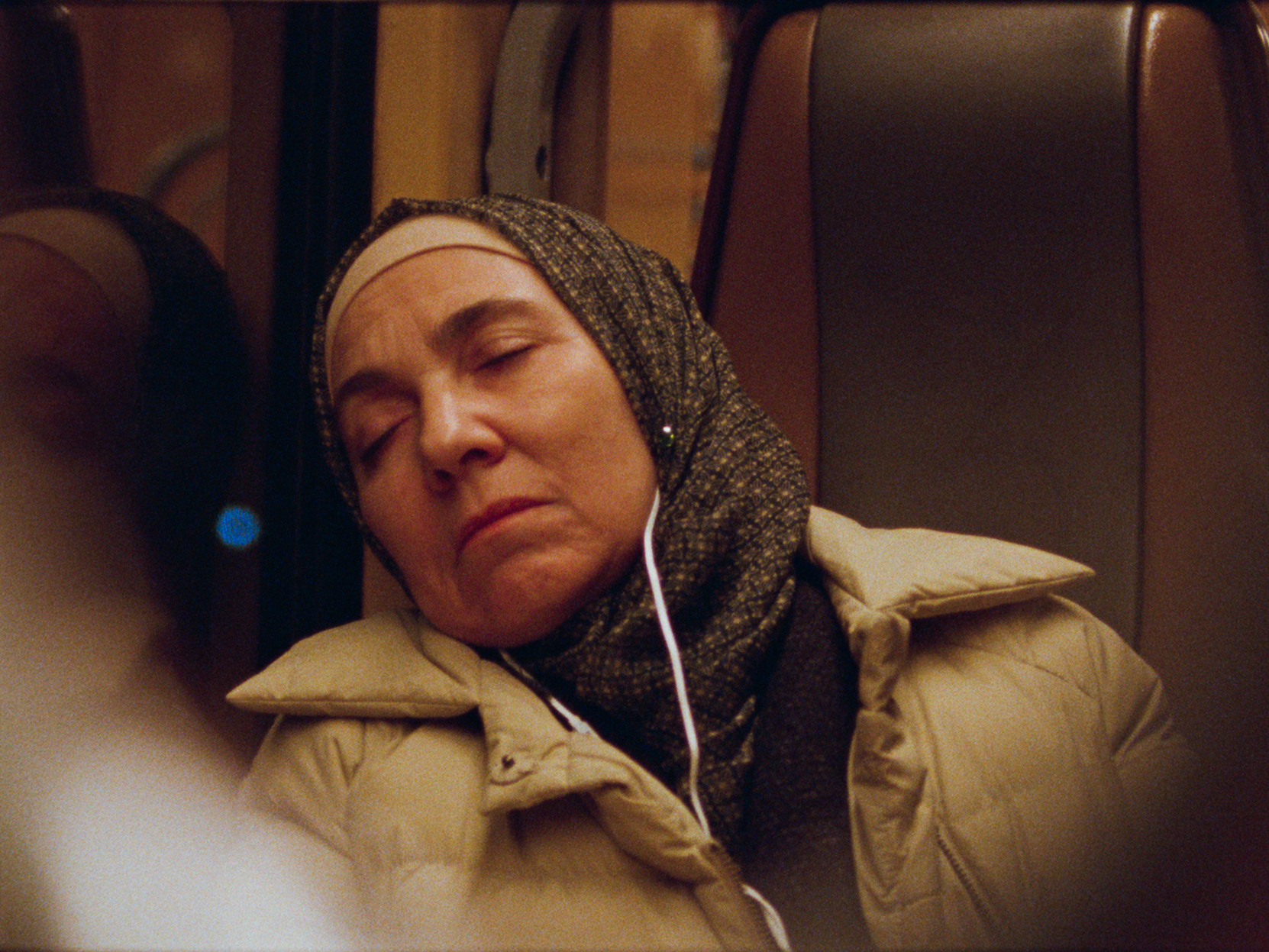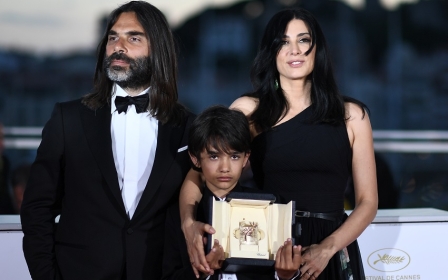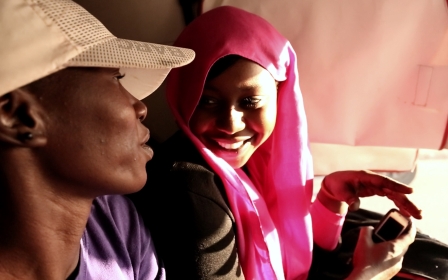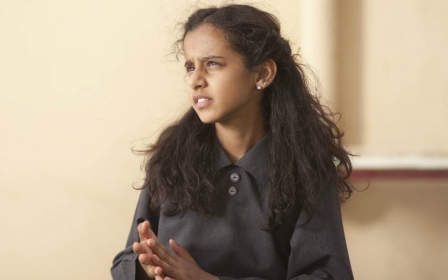Arab films at Cannes 2019: Strong showing for Middle East, North Africa cinema
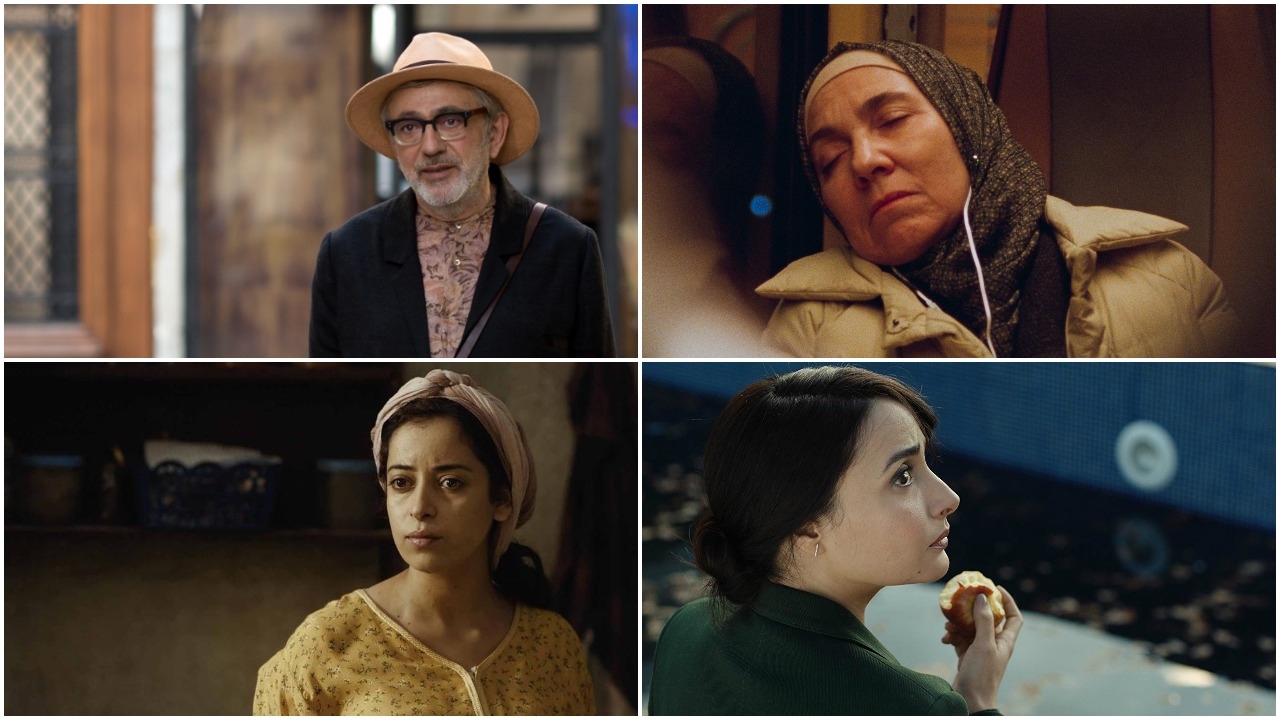
After a stellar performance for Arab cinema at the 2018 Cannes Film Festival, even the most ardent optimists wouldn't have expected this year's edition to be so fruitful for the region's filmmakers.
Last year saw saw the colossal success of Nadine Labaki’s Jury Prize smash, Capernaum; Meryem Benm'Barek-Aloisi’s Sofia, winner of the best screenplay in the Un Certain Regard competition; and Weldi (Dear Son), Mohamed Ben Attia’s critically acclaimed Directors' Fortnight contender. All films went on to become international sensations, with Capernaum garnering an Oscar nomination and more than $1.5m at the US box-office.
Certainly the indications for 2019 were not favourable, judging by the choices of European festivals in the lead-up to Cannes. No Arab features were selected for Rotterdam in January. The modest Arab participation at Berlin in February did not exactly set the festival alight, save for the Sudanese documentary Talking About Trees.
Some observers attributed the generous embracing of Arab cinema in Cannes last year to the festival’s enforced shunning of Netflix, prompted by the hostile stance of French distributors and cinema owners against the streaming giant’s disregard for theatrical release.
New MEE newsletter: Jerusalem Dispatch
Sign up to get the latest insights and analysis on Israel-Palestine, alongside Turkey Unpacked and other MEE newsletters
The US corporation instead premiered its high-profiled releases - Roma, The Other Side of the Wind, 22 July and The Ballad of Buster Scruggs - at the star-studded Venice Film Festival in September. The Netflix row, some observers said, left Cannes with too many vacant slots to fill.
That’s not the case this year. Cannes’ 72nd edition has no shortage of star wattage, enjoying one of the most mouth-watering lineups in recent memory. Quentin Tarantino (One Upon Time in Hollywood), Ken Loach (Sorry We Missed You) and Pedro Almodovar (Pain and Glory) are in the main competition, in addition to new works by Werner Herzog (Family Romance, LLC), Asif Kapadia (Diego Maradona) and Robert Rodriguez (Red 11) in other sections.
The geographical inclusivity, extensively boasted about by Cannes chief Thierry Frémaux in interviews, was regarded as compensation for the low representations of women film-makers and other minorities.
In fact the number of female directors has risen: 13 of the 47-film official selection entries are directed by women. The competition also includes for the first time a film by a black woman director with French-Senegalese Mati Diop’s hotly tipped Atlantiques.
Cannes takes the best
Thus, when the 2019 Cannes lineup was unveiled in April, it was a welcome surprise to see seven Arab films in the final selection of the world’s largest film fair. (That number excludes Mektoub, My Love: Intermezzo, the latest production from French-Tunisian Palme d’Or winner Abdellatif Kechiche, which was announced later, and The Trap, an Egyptian short in the Critics’ Week sidebar).
The large Arab participation this year – which must rank as one of the biggest in the event’s 75-year-old history – acknowledges its growing international profile and ability to attract audiences the world over. It is also a reminder of the long barren years when Arab culture was overlooked in the West.
As the competition between top film festivals to acquire the best in world cinema has intensified, so Cannes appears to have snatched some of the best Arab productions of the year.
It’s an impressively diverse selection that includes comedies, thrillers, experimental escapades, maternal melodramas and documentaries, most of which are directed by first- and second-time directors.
Heading the lineup is Palestinian director Elia Suleiman, who is making his long-awaited comeback with It Must Be Heaven, his first feature since 2009’s Palme d’Or contender The Time That Remains. Described as “a burlesque saga exploring identity, nationality and belonging,” Suleiman’s fourth film sees his signature silent alter-ego escaping Palestine in search of a new life, only to find the spectre of his home-country manifested in every place he ventures to inhabit.
Shot in various cities, including Paris and New York, Suleiman’s mix of deadpan comedy, pathos and astringent political commentary should make his most expensive production to date a strong contender for Cannes’ big prize.
Another Palestinian entry in the official selection is Wisam al-Jafari’s short Ambience, showing at the Cinéfondation side-bar for student films. Shot in black and white, the film charts the efforts of two young refugee camp-resident aspiring musicians attempting to come up with idea for a music competition that would win them the opportunity to record an album.
North Africa dominates the rest of the Arab selection with two movies from Algeria, two from Morocco and one from Tunisia, all by first- and second-time filmmakers.
Two debut features from Arab film-makers compete in Un Certain Regard. The first is Adam by Moroccan director Maryam Touzani (co-writer of Nabil Ayouch’s Razzia), a maternal melodrama about a struggling single working-class mother of a 10-year-old daughter whose chance encounter with a pregnant girl turns her life upside down.
The second is Algerian director Mounia Meddour’s Papicha. A fierce condemnation of religious fundamentalism and patriarchy, this stylised feminist drama, set during the civil war of the 1990s, centres on a free-spirited college student who, after losing her childhood friend in an attack, defies the ongoing bedlam by organising a fashion show.
Two more debut Arab features screen in the Critics’ Week sidebar. In Abou Leila, Algerian film-maker Amin Sidi-Boumediene also uses the civil war backdrop to explore the conflict’s legacy of violence in a perceptive thriller about two friends who search for the eponymous terrorist in the Sahara.
The Unknown Saint, Alaa Eddine Aljem’s much anticipated minimalistic comedy, is widely different in tone and subject. Younes Bouab (Zero, Razzia) plays a thief who hastily hides a stash of stolen cash in a deserted village before he’s arrested by the police. After his release, he returns to the village to retrieve his money, only to find that a shrine has been constructed over his loot and become a tourist attraction.
Also screening in Critics’ Week is the short The Trap, Egyptian Nada Riyadh’s relationship drama about a young man and woman who seek an isolated seaside resort for sex, before the girl informs her lover that she wants to break up with him.
Riyadh showed remarkable sensitivity and delicacy in Happily Ever After (2016), her feature documentary. The same kind of psychological intricacy is to be expected in this study of power dynamics and intricacies of coupledom in present-day Egypt.
Equally buzzed-about is Tlamess, Tunisian director Ala Eddine Slim’s second feature, which plays in the Director’ Fortnight sidebar. Slim made a splash on the festival circuit in 2016, when he earned the best film prize at the Venice Critics’ Week for The Last Of Us, a wordless immigrant drama.
Tlamess is a beguiling tale about a deserting army soldier whose fate is intertwined with an eloping young pregnant wife in the Tunisian wilderness. Starring Egyptian jazz musician Abdullah Miniawy, it is set to cement Slim’s reputation is one of the leading experimental filmmakers in the region.
In the Special Screenings sidebar, Syrian journalist Waad al-Kateab and British director Edward Watts present For Sama, an intimate diary chronicling the Syrian war from the point of view of its Syrian co-director. The film premiered to ecstatic reviews at Austin’s SXSW festival, winning the jury and audience prizes for best documentary.
A number of Arab directors are competing in Cannes this year with films about non-Arab subjects. The most prominent of the bunch is Kechiche’s Mektoub, My Love: Intermezzo, the sequel to his 2017 three-hour saga about a group of attractive French-Arab men, and white French women, partying, falling in love and having sex over one seemingly endless summer during the 1990s.
Kechiche’s confrontationally licentious male gaze ensured that Blue Is The Warmest Colour earned him the worst reviews of his career. It marks the inclusion of this four-hour second part in the Cannes competition as something of a head-scratcher, especially after the sexual assault allegations filed against him by a French actress. A lawyer for Kechiche has said that the director "categorically denies the veracity of these accusations".
The Dardennes examine Islam
Other films at Cannes throw a focus on Middle East themes, including several from leading European directors.
Jean-Pierre and Luc Dardenne, the two-time Palme d’Or winning Belgian brothers, return to competition on the Croisette for the eight time with The Young Ahmed, a piece that marks the first time they have tackled Islam.
The Dardenne’s signature theme of spiritual crisis remains front and centre as they trace the story of a 13-year-old Belgian-Arab torn between his religious vow of purity and earthly temptations.
Meanwhile compatriot Bas Devos focuses on a different generation with his Directors’ Fortnight entry Ghost Tropic, an non-traditional story about a 58-year-old woman who, after accidently reaching the end of her subway line, embarks on a nocturnal journey to return home.
Devos’s third feature comes after Hellhole, a meditative, elliptical panorama of a post-2016 attack in Brussels that’s experienced from various viewpoints. Both the Dardennes and Devos, veteran and new filmmakers alike, take the Arab and Muslim experience to different terrains.
Along with the Arab contenders from the Middle East and North Africa, their stories collectively conjure up an intriguing mosaic that could prove to be a defining subplot of the 2019 Cannes narrative.
This article is available in French on Middle East Eye French edition.
Middle East Eye delivers independent and unrivalled coverage and analysis of the Middle East, North Africa and beyond. To learn more about republishing this content and the associated fees, please fill out this form. More about MEE can be found here.


